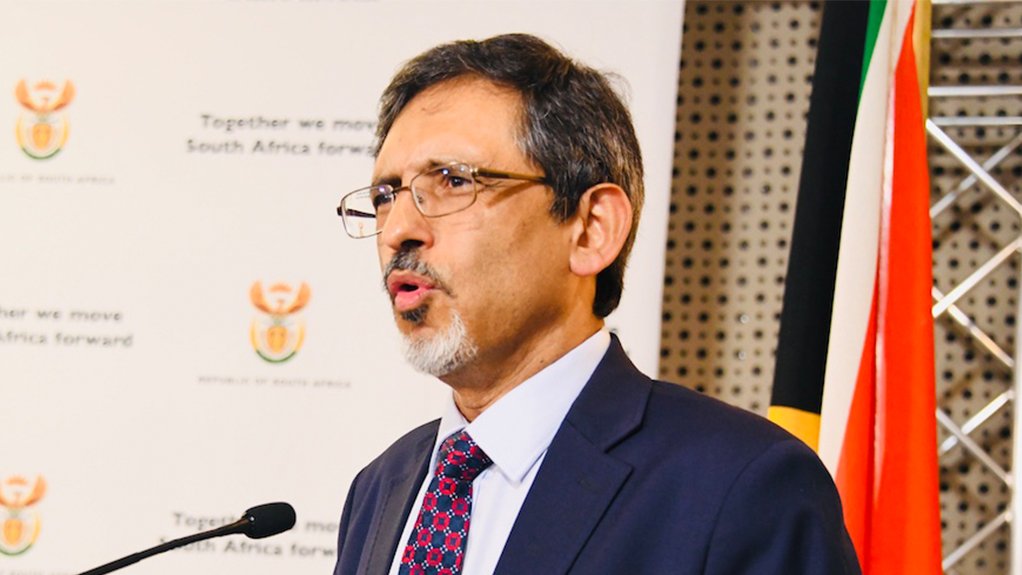South Africa’s Trade, Industry, and Competition Minister Ebrahim Patel has been elected as chairperson of the bureau of African trade ministers which is tasked with finalising negotiations on the terms for the start of preferential trade under the African Continent Free Trade Area (AfCFTA) agreement.
He takes the leadership of the African Ministers of Trade (AMOT) three months prior to the start of trading under the AfCFTA and with the continent still in the grip of the coronavirus (Covid-19) pandemic, with 1.5-million people on the continent infected to date, the trade, industry, and competition department said in a statement on Sunday.
Three other ministers, from Egypt, Sierra Leone, and Kenya, were elected vice chairpersons, while the minister from Gabon would serve as rapporteur of the bureau of AMOT.
Patel chaired the first virtual meeting of AMOT on September 30, attended by trade ministers and senior officials from more than 40 countries.
The AMOT meeting outcome confirmed the commitment of countries to start preferential trade under the AfCFTA on January 1 next year. Currently, 28 African Union (AU) member states had deposited their instruments of ratification of the agreement. Two additional countries had ratified the treaty and their formal depositing of the ratification instruments were awaited, the department said.
The ministers emphasised the importance of ratification by AU member states to enhance inclusiveness in preferential trade under the AfCFTA and encouraged members to ratify the agreement.
Patel outlined the key issues that African ministers would need to address over the next six weeks to prepare for an AU extraordinary summit in December to enable the start of trading under the new agreement from 2021.
He pointed to the high levels of imports into the continent, particularly manufactured goods, which showed the size of the potential market for products made on the continent.
Critical support issues that would need to be considered together with tariff reduction included strengthening national customs administrations to monitor the movement of goods and investment in industrial capacity and infrastructure, he said.
EMAIL THIS ARTICLE SAVE THIS ARTICLE
To subscribe email subscriptions@creamermedia.co.za or click here
To advertise email advertising@creamermedia.co.za or click here











